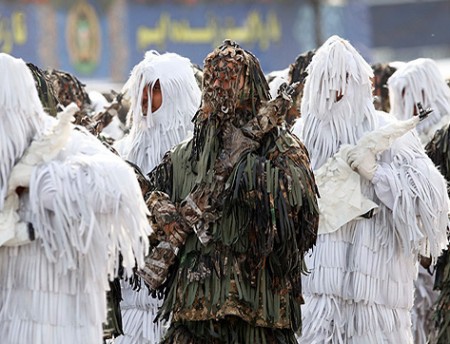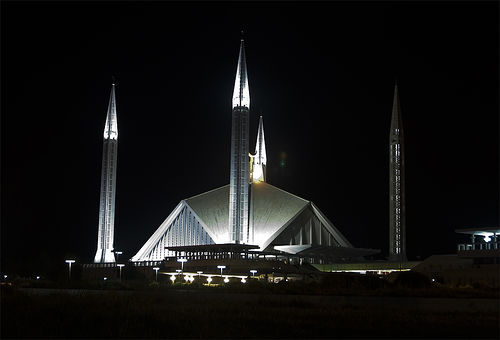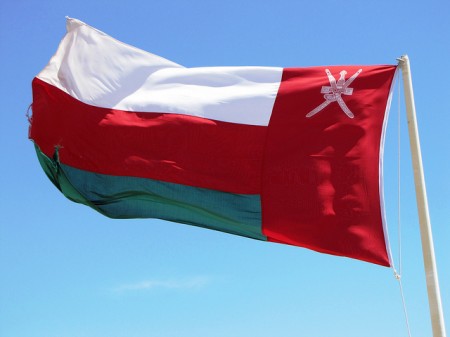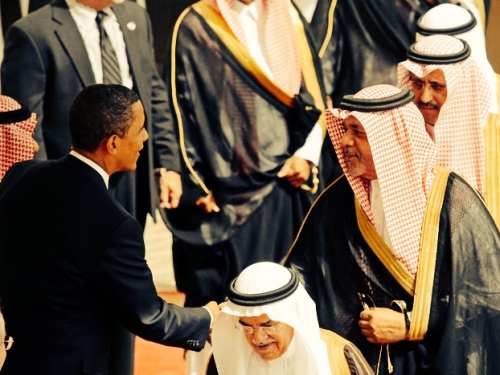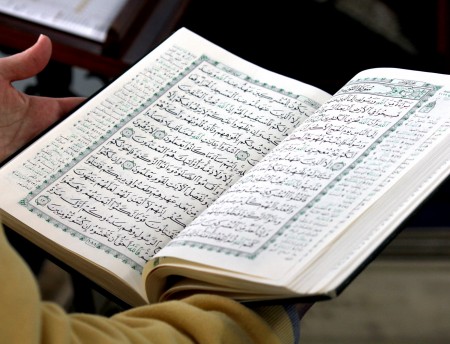
This article was originally published by the World Policy Institute on 18 May 2016.
For Middle East watchers, all eyes are on Saudi Arabia these days, particularly on the transformative Saudi Vision 2030 plan recently introduced by the young Deputy Crown Prince Mohammed bin Salman. The plan envisions a Saudi Arabia with reinvigorated development, a diversified economy, and peace and security. It is a plan decidedly aimed at young Saudis, upon whom the future of the state rests. To assess its chances of success, however, observers would do well to watch the reaction of the ulama, the religious clerics who have an enormous impact on daily life in Saudi Arabia and whose alliance with the House of Saud is the bedrock upon which the modern Saudi state is built. Despite the Kingdom’s progressive plan, the clerics seem to be backsliding, and the internal dynamics between its leading members are shifting considerably.
In the 2000s, under the late King Abdullah, the clerical universe consisted of four broad categories: the Sahwa (or Islamic Awakening, a group of former oppositionist clerics that have come to fall in line behind the Saudi monarchy), the Islamic Liberals (including Shiite clerics), the Salafi-jihadists, and the establishment clerics. The bulk of these clerical classes were co-opted by the Saudi leadership to contribute to the fight against al-Qaida and as a means of diminishing Iran’s influence over the Saudi Shiite population. By 2009, a new group arose within the ulama; younger and more liberal than their contemporaries, these “Young Turks” had not yet been co-opted by the regime in the fight against extremism. A key figure in the rise of this group was Prince Khalid al-Faisal, currently the Saudi Minister of Education, who was formerly the governor of Mecca and, before that, Asir province.

